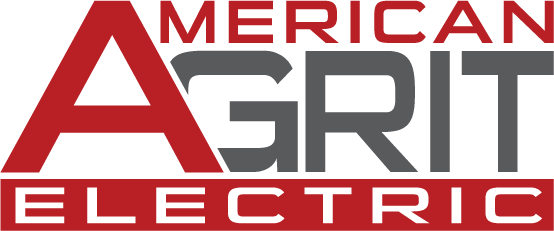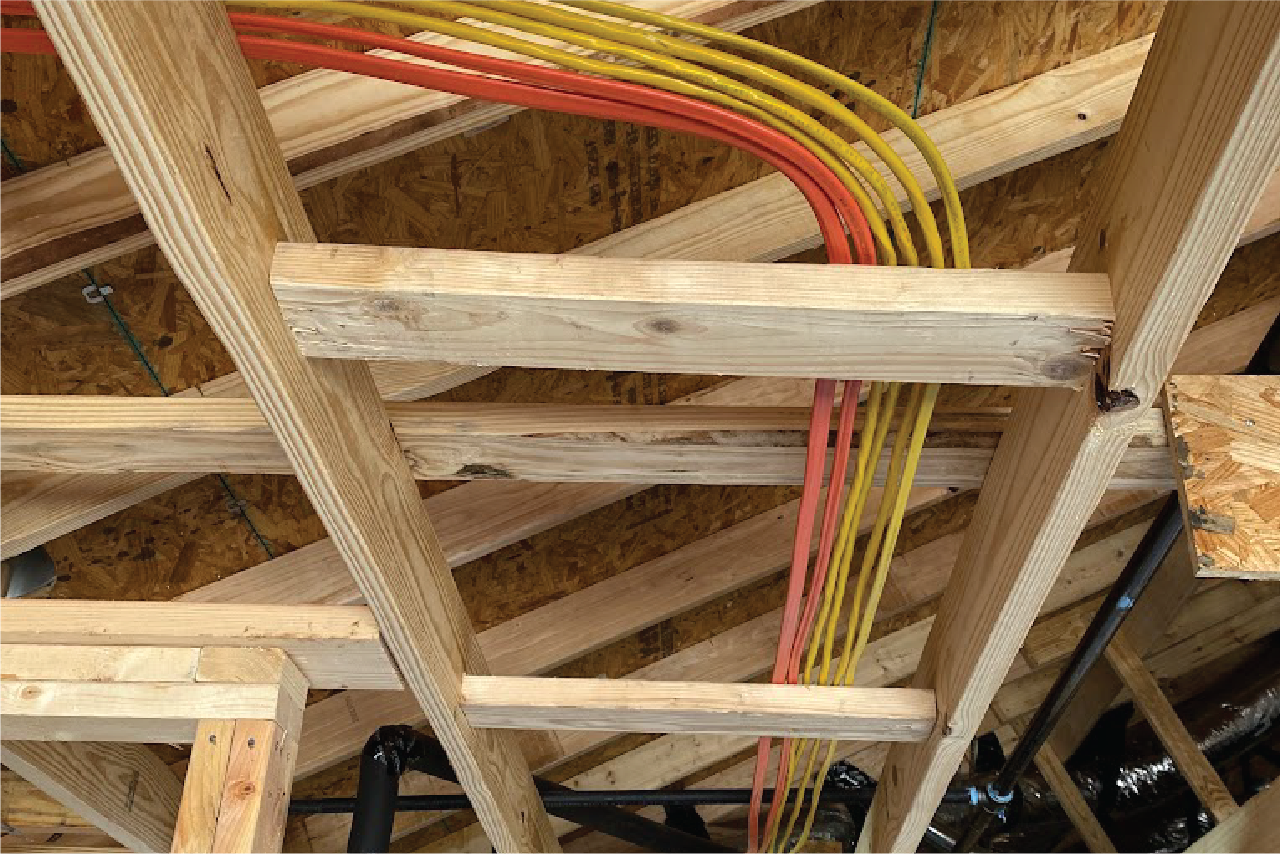Smart Home Devices That Can Save You Money
In an era where technology seamlessly integrates into our daily lives, smart home devices offer an efficient way to manage household tasks, enhance comfort, and, importantly, save money. These devices, designed to automate and optimize various home functions, can lead to significant reductions in utility bills and overall household expenses. Here are some smart home devices that can help you cut costs.
1. Smart Thermostats
A smart thermostat is a game-changer for home heating and cooling efficiency. These devices learn your schedule and preferences, adjusting temperatures automatically to save energy when you’re not home. They can be controlled remotely via smartphone apps, allowing you to make real-time adjustments. By optimizing your heating and cooling patterns, smart thermostats can reduce energy consumption by up to 10-15%, leading to substantial savings on your utility bills.
2. Smart Lighting
Smart lighting systems, including bulbs and switches, allow you to control your home’s lighting from anywhere. These devices can be programmed to turn on and off at specific times, dimmed to save energy, or even adjusted based on occupancy. Motion-sensor lights ensure that lights are only on when needed, preventing energy waste. LED smart bulbs, which are more energy-efficient than traditional incandescent bulbs, further enhance savings.
3. Smart Plugs and Power Strips
Smart plugs and power strips enable you to control any device plugged into them via your smartphone. This is particularly useful for managing energy consumption of appliances that are often left on standby mode, which can draw power even when not in use. By scheduling these devices to turn off during periods of inactivity, you can reduce phantom energy usage, cutting down on unnecessary electricity costs.



4. Smart Water Leak Detectors
Water damage can lead to costly repairs and increased water bills. Smart water leak detectors alert you to leaks or flooding in real time, allowing you to take immediate action before significant damage occurs. Some advanced models can even shut off the water supply automatically when a leak is detected, preventing extensive damage and reducing repair costs.
5. Smart Irrigation Systems
For homeowners with gardens or lawns, smart irrigation systems can optimize water usage. These systems use weather data and soil moisture levels to determine the exact amount of water needed, avoiding over-watering. This not only conserves water but also lowers your water bill. Additionally, these systems can be controlled remotely, allowing you to adjust watering schedules based on current weather conditions.
6. Smart Appliances
Modern smart appliances, such as refrigerators, washing machines, and dishwashers, are designed to operate more efficiently. They can be scheduled to run during off-peak energy hours, use minimal water and electricity, and provide alerts for maintenance needs. For example, a smart refrigerator can adjust its temperature settings based on usage patterns, reducing energy consumption and extending the life of stored food.
Conclusion
Investing in smart home devices is a practical step towards reducing household expenses and enhancing energy efficiency. From smart thermostats and lighting systems to leak detectors and irrigation controllers, these devices not only offer convenience and control but also lead to substantial cost savings. By making your home smarter, you can enjoy a more efficient, sustainable, and cost-effective living environment.


0 Comments